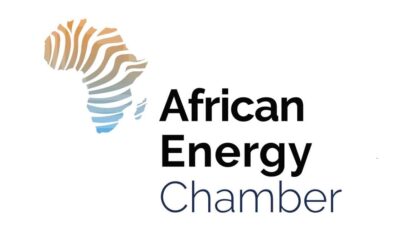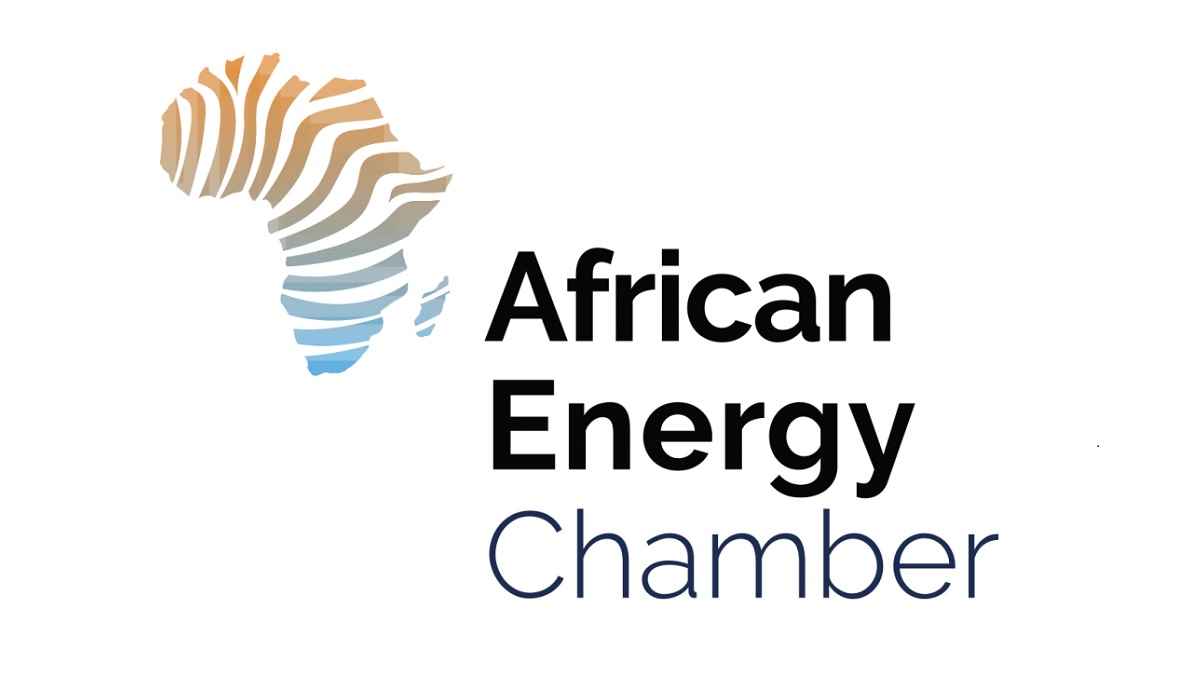The ground-breaking partnership is part of ongoing efforts by the international community to reshape the global climate finance architecture
PARIS, France, June 23, 2023/APO Group/ —
Building on the Resilience and Sustainability Facility with the International Monetary Fund, the Government of Rwanda, together with the Agence Française de Développement (AFD), European Investment Bank (EIB) (www.EIB.org), Cassa Depositi e Prestiti (CDP), and the International Finance Corporation (IFC), are announcing a cooperative approach to facilitate public-private partnership, scale-up climate finance and crowd in private climate investment that will mobilise an additional EUR 300 million to build climate resilience in Rwanda.
The new support complements and builds on the USD 319 million in financing accessed by the Government of Rwanda through the Resilience and Sustainability Facility (RSF) arrangement with the International Monetary Fund (IMF).
The ground-breaking partnership, which was unveiled at the Paris Summit for a New Global Financing Pact, is part of ongoing efforts by the international community to reshape the global climate finance architecture, including by moving beyond small-scale projects to significant long-term investments that leverage existing mechanisms to facilitate public-private partnerships and attract private sector investments.
Importantly, this collaborative support will bolster Rwanda’s efforts to address the impact of climate change on vulnerable communities and strengthen the catalysing effect of the IMF’s RSF arrangement by attracting additional budget support from partners, initiate a programmatic approach for climate investments, and scale up Ireme Invest – Rwanda’s unique and innovative investment facility dedicated to private sector green investment – that was launched by His Excellency President Paul Kagame in November 2022 at the UN Climate Change Conference (COP27) in Egypt.
A three-pronged approach
International partners will support Rwanda’s efforts to accelerate climate investments through action across three pillars:
- Policy reforms to address challenges triggered by climate change
- Capacity development initiatives, and
- Financing arrangements
Actions in these three areas are expected to strengthen and institutionalise the monitoring and reporting of climate-related spending, integrate climate risks into fiscal planning, improve the sensitivity of public investment management to climate-related issues, strengthen climate-related risk management for financial institutions, and fortify disaster risk reduction and management.
Partners have also committed to support Rwanda’s capacity development initiatives, and help attract and better manage further climate capital. As part of the collaborative approach, partners have committed to consolidate and mobilise the following climate finance resources for Rwanda:
Programmatic budget support for green public financial management
AFD is providing EUR 50 million programmatic budget support accompanied by a EUR 3 million technical assistance grant, with an initial disbursement expected in 2023. This financial contribution will be complementary and additional to the RSF-supported programme’s matrix of reforms, the greening of public investments and procurement as well as strengthening Rwanda’s Measurement, Reporting, and Verification (MRV) framework. The technical assistance will also support the implementation of Rwanda’s sustainable finance roadmap with a view to increase private sector mobilisation in support of climate action.
A new programmatic approach for Nationally Determined Contributions (NDC) investment
With its innovative lens, this partnership will maximise limited public finance to channel private capital into climate-related projects
The International Finance Corporation, in partnership with the Government of Rwanda through the Rwanda Green Fund (FONERWA), will jointly develop long-term investment plans for climate smart agriculture and sustainable urbanisation to increase the role of the private sector in greening Rwanda’s economy.
Scaling up Ireme Invest for private sector investment
Launched at COP27, Ireme Invest is a green investment facility powered by the Rwanda Green Fund (FONERWA) and the Development Bank of Rwanda (BRD), and developed through technical assistance from the World Bank. BRD is currently finalising the identification of a pipeline of private sector projects estimated at EUR 400 million based on a common set of eligibility criteria, governance, and reporting mechanism with its financing contributors for Ireme Invest.
- The Government of Rwanda will support scaling up of access to green finance for the private sector to further enable BRD to grow its lending portfolio for the private sector at affordable interest rates.
- The European Investment Bank is expected to provide EUR 100 million supported by the European Union. This support is provided under the Global Gateway strategy: the EU’s positive offer to deliver sustainable and trusted connections with partner countries and build more resilient societies for people and planet.
- Cassa Depositi e Prestiti – the Italian Development Finance Institution – is discussing with the Government of Rwanda and BRD joint actions to scale up climate finance bridging public and private investments.
To further underpin the creation of private green assets in Rwanda, Ireme Invest private stakeholders will also directly contribute EUR 130 million equivalent in own private equity. The creation of new green private assets also opens the door for future issuances of innovative debt instruments on the local and international markets which will further crowd in private investment.
The coordinated initiative to scale up climate financing, combined with the policy reforms envisaged under the IMF’s RSF arrangement and capacity development support from the IMF will allow Rwanda to better withstand economic shocks and adapt to a changing climate. This unique collaboration between the Government of Rwanda and international partners exemplifies the power of partnerships in tackling pressing global challenges. It sets a precedent for other nations and financial institutions to explore innovative financing mechanisms and join forces in the pursuit of a sustainable and climate-resilient world.
It also adds to the substantial financial and technical support provided by the World Bank (IDA) to support Rwanda’s efforts to enhance its climate resilience and secure its natural assets – especially in vulnerable communities – unlock private investments and promote green finance and trade, as well as financial contributions by the Governments of Germany, the United Kingdom, Sweden and Denmark towards Rwanda’s NDC climate action plan objectives.
Quotes
“The partnership we have announced represents a transformational shift in the provision of climate finance and is a vote of confidence in Rwanda’s long-term climate action strategy. This is an important milestone in our journey to achieve our Nationally Determined Contributions that are estimated at USD 11 billion by 2030. We thank all the partners that have joined this initiative and we will be working together to make it a reality.” – The Right Honourable Prime Minister of Rwanda, Dr. Edouard Ngirente.
“The announcement is a testament of Rwanda’s commitment to sustainability, which has been widely recognised and applauded on the global stage. It also shows how close collaboration among international and domestic partners in the context of strong climate reforms under the RST can amplify climate financing, providing a model for accelerating investment to deliver a greener and more prosperous future around the world.” – Kristalina Georgieva, Managing Director of the International Monetary Fund.
“The agreement with Rwanda illustrates how joining forces in international partnerships is the only way forward in addressing the climate crisis. The European Union and its Member States are the world’s largest provider of public climate finance, and we remain committed to a multilateral approach. Through Global Gateway and together with our allies, we strive to bridge the investment gap and support partner countries, in particular in Africa, to mitigate and adapt to climate change. Our ambition is a green transition that is fair to the most vulnerable.” – Jutta Urpilainen, European Commissioner for International Partnerships.
“The close cooperation between the Government of Rwanda, IMF, international financing partners and the EIB is harnessing the potential of Special Drawing Rights to advance climate action. The strategic use of SDRs will significantly amplify the impact of climate action investments in the country, paving the way for a greener and more prosperous future. This initiative represents the EIB’s strong commitment to combating climate change and supporting sustainable development in Rwanda and beyond.” – Werner Hoyer, President of the European Investment Bank.
“With its innovative lens, this partnership will maximise limited public finance to channel private capital into climate-related projects. IFC will work with the government of Rwanda to develop an investment pipeline to build a resilient, low-carbon economy among the most vulnerable communities, with a focus on sustainable cities and climate-smart agriculture.” – Makhtar Diop, IFC Managing Director.
“In very few years, AFD and actors of the Rwandan financial ecosystem have engaged in a solid cooperation on climate finance on the country’s vision to align its public and private investment flows with its ambitious climate change strategy.” – Remy Rioux, Director General Agence Française de Développement.
Distributed by APO Group on behalf of European Investment Bank (EIB).


 Business5 days ago
Business5 days ago
 Business4 days ago
Business4 days ago
 Business4 days ago
Business4 days ago
 Business4 days ago
Business4 days ago
 Business4 days ago
Business4 days ago
 Business4 days ago
Business4 days ago
 Business3 days ago
Business3 days ago
 Business4 days ago
Business4 days ago














